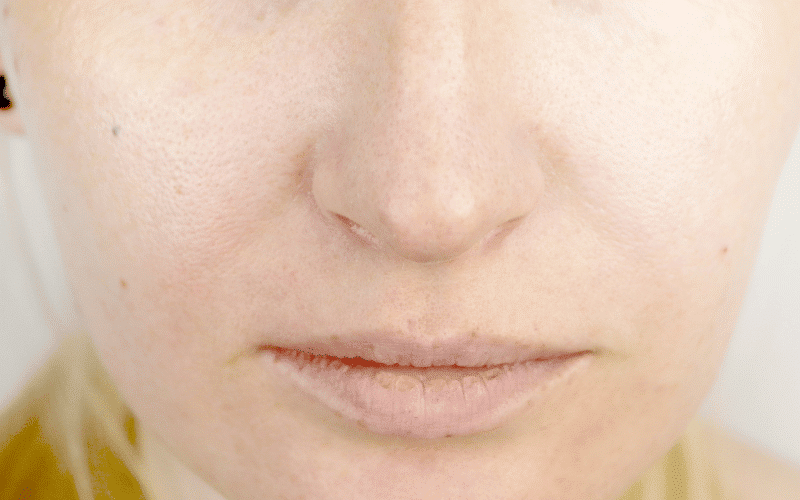Symptom 4. Dehydration

Dehydration can be another potential side effect of excessive vitamin D intake. This occurs when the body loses more fluids than it takes in, leading to an imbalance in electrolytes and various physiological processes. Elevated calcium levels in the blood, which can result from excessive vitamin D intake, can contribute to dehydration by affecting the kidneys’ ability to concentrate urine and conserve water.
When the body is unable to conserve water effectively, it can lead to increased urine production, causing an individual to lose fluids at a faster rate than usual. If not addressed promptly, dehydration can lead to symptoms such as dizziness, fatigue, dry mouth, and increased thirst. Severe dehydration can even result in more serious health complications, including kidney stones, urinary tract infections, and electrolyte imbalances.
If you suspect that excessive vitamin D intake is causing dehydration, it’s important to consult with a healthcare professional. They can help determine the underlying issue and recommend appropriate steps to address the problem, which may involve adjusting your vitamin D intake or making other lifestyle changes.
To prevent dehydration related to excessive vitamin D intake, ensure that you’re adhering to the recommended daily allowances for both vitamin D and calcium. Additionally, make a conscious effort to stay well-hydrated by drinking an adequate amount of water throughout the day and consuming water-rich foods such as fruits and vegetables. (4)